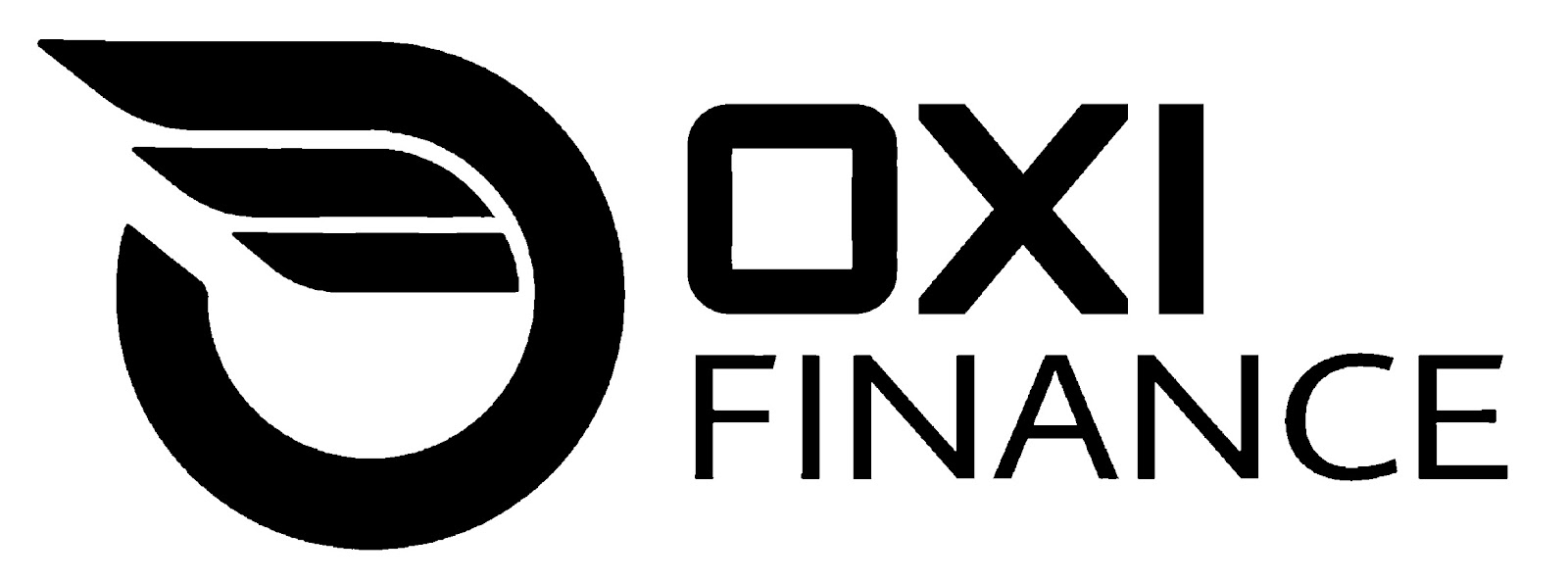BNB Chain has introduced the Good Will Alliance, a collective initiative designed to combat malicious maximal extractable value (MEV) practices, with a primary focus on mitigating sandwich attacks. The alliance brings together infrastructure developers, validators, and community members to promote ethical standards and strengthen on-chain security.
Sandwich attacks, a widespread MEV exploit, have resulted in substantial financial losses for retail traders on Binance Smart Chain (BSC), amounting to hundreds of millions of dollars, according to BNBChain DAO. To address these concerns, the alliance has implemented advanced filtering mechanisms aimed at neutralizing such threats.
Infrastructure providers BlockRazor and 48 Club have integrated specialized filters into their block-building processes, setting a precedent for ethical participation in the alliance. Additionally, a GitHub repository has been created to document compliant block builders, encouraging validators to exclusively accept bids from vetted participants to enhance the network's integrity.
The Good Will Alliance plans to refine its security strategies through governance-driven processes, including BNB Evolution Proposals (BEPs) and periodic codebase updates. These efforts will define clearer detection criteria for sandwich attacks and develop sophisticated tools to counteract malicious MEV activity.
The initiative has gained strong community backing, as evidenced by a DAO proposal that passed with 79% approval on February 14. The proposal advocates for stricter measures, including penalties for malicious builders, the removal of non-compliant validators, and broader adoption of MEV-protected wallets and secure RPC nodes.
Looking ahead, the alliance aims to expand its scope throughout 2025, inviting more participants to contribute to community-driven security innovations that bolster the resilience and fairness of the BNB ecosystem.

















0 Comments